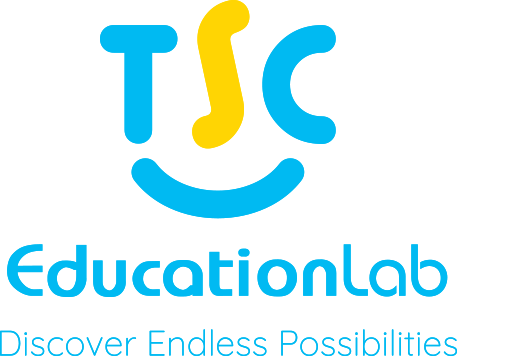- December 1, 2022
- Posted by: webmaster
- Category: Thoughts & Insights

Learning can be joyful, interactive, and deeply rewarding. Play-based learning transforms abacus education into a fun and engaging experience, helping children develop essential skills while fostering a love for learning.
Why Play-Based Learning Works
Children thrive when learning feels like play. Research shows that playful activities boost engagement, creativity, and retention. In abacus practice, games like treasure hunts or number adventures make learning effective and enjoyable. Hirsh-Pasek and Golinkoff (2008) found that play deepens focus and helps children retain skills longer.
The Broader Benefits of Abacus Learning
Abacus training develops more than math skills:
- Focus and Memory: Visualising the abacus sharpens attention.
- Logical Thinking: Mental calculations strengthen problem-solving.
- Resilience: Playful challenges build confidence and adaptability.
Adding play enhances teamwork, creativity, and emotional growth (Ginsburg, 2007).
How You Can Support Playful Learning
Bring learning to life at home by:
- Turning everyday tasks into maths games.
- Creating “maths treasure hunts.”
- Joining the fun as a “maths teammate.”
These activities keep learning exciting while strengthening your bond with your child.
Conclusion
Abacus learning doesn’t have to be repetitive. By embracing play, we can turn education into a fun and empowering journey, equipping children with skills for life. Together, let’s inspire joy, growth, and a love for discovery!
References:
- Ginsburg, K. R. (2007). The Importance of Play in Promoting Healthy Child Development and Maintaining Strong Parent-Child Bonds.
- Hirsh-Pasek, K., & Golinkoff, R. M. (2008). Why Play = Learning.
Start your child’s education on the right track, with TSC’s No. 1 Storytelling Approach. Visit a TSC centre near you, or contact us today!












